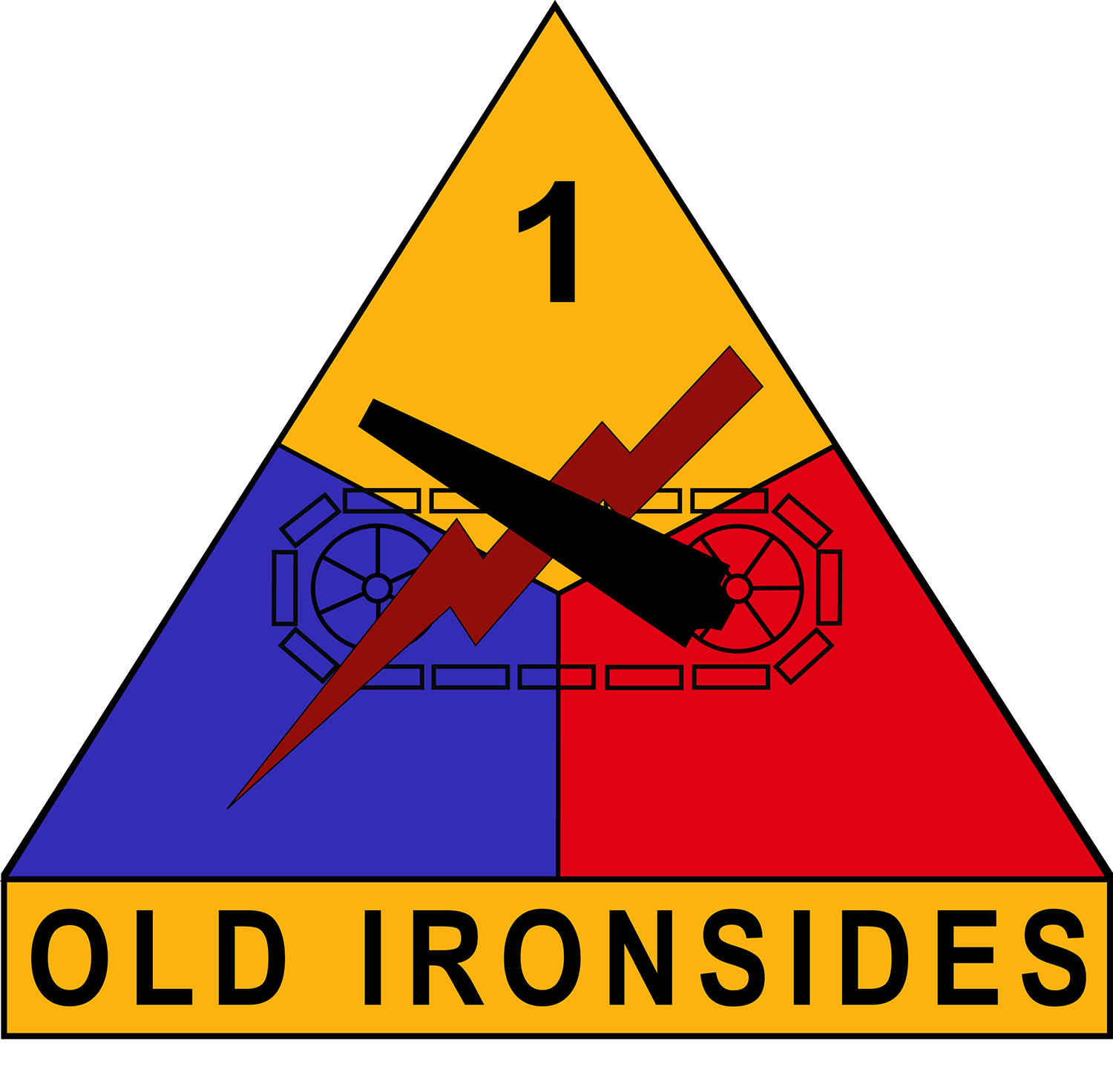
The Importance of Advance Medical Directives
By Paige McNair, Fort Bliss Legal Assistance Office
Advance medical directives, also known as advance healthcare directives or living wills, are legal documents that allow individuals to express their healthcare wishes in the event they become unable to communicate or make decisions due to illness or incapacity. These directives are important for several reasons.
First, advanced medical directives ensure personal autonomy by empowering individuals to make decisions about their own healthcare, even when they are no longer capable of communicating those decisions. It allows them to specify their preferences regarding medical treatments, interventions, and end-of-life care. By creating an advance medical directive, an individual can have peace of mind knowing their wishes will be respected.
Advance medical directives also help avoid unwanted medical interventions by providing clear instructions to healthcare providers and family members about the individual's treatment preferences. They can specify which medical interventions they want or do not want, such as resuscitation, artificial ventilation, tube feeding, or certain medications. This helps prevent unwanted or unnecessary treatments, ensuring that the individual's wishes are honored.
Advance medical directives can also reduce family conflict. Medical decisions can be emotionally challenging for family members, especially when they are unsure about the wishes of their loved one. Advance medical directives can alleviate this burden by providing clear guidance on the individual's healthcare choices. By having these decisions documented, family members can avoid disagreements and potential conflicts, allowing them to focus on supporting their loved one.
Advance medical directives can provide clarity to healthcare providers by offering healthcare professionals valuable guidance when making decisions about an individual's care. In emergency situations or when a patient is unable to communicate, these directives serve as a crucial source of information about the patient's preferences, values, and goals of care. This enables healthcare providers to provide treatment in line with the individual's wishes and values.
Advance medical directives may also include provisions for end-of-life care, such as the use of palliative care or hospice services. These directives help ensure that individuals receive appropriate pain management, comfort measures, and emotional support during their final stages of life. It can help promote a peaceful and dignified end-of-life experience.
By creating an advance medical directive, individuals can also legally protect their right to make decisions about their healthcare, preventing the imposition of unwanted treatments or interventions by providing legally binding instructions. Advance medical directives are recognized and honored by healthcare professionals, ensuring that the individual's wishes are respected and followed.
In summary, advance medical directives are important because they allow individuals to retain control over their healthcare decisions, avoid unwanted treatments, minimize family conflicts, provide guidance to healthcare providers, support end-of-life care, and offer legal protection. These documents ensure that an individual's wishes are respected, even when they are unable to communicate or make decisions for themselves. If you have any questions about advance medical directives or would like to get one, please contact the Fort Bliss Legal Assistance Office by either calling (915) 568-7141 during office hours or emailing usarmy.bliss.hqda-otjag.mesg.bliss-legal-assistance-office@mail.mil anytime.




